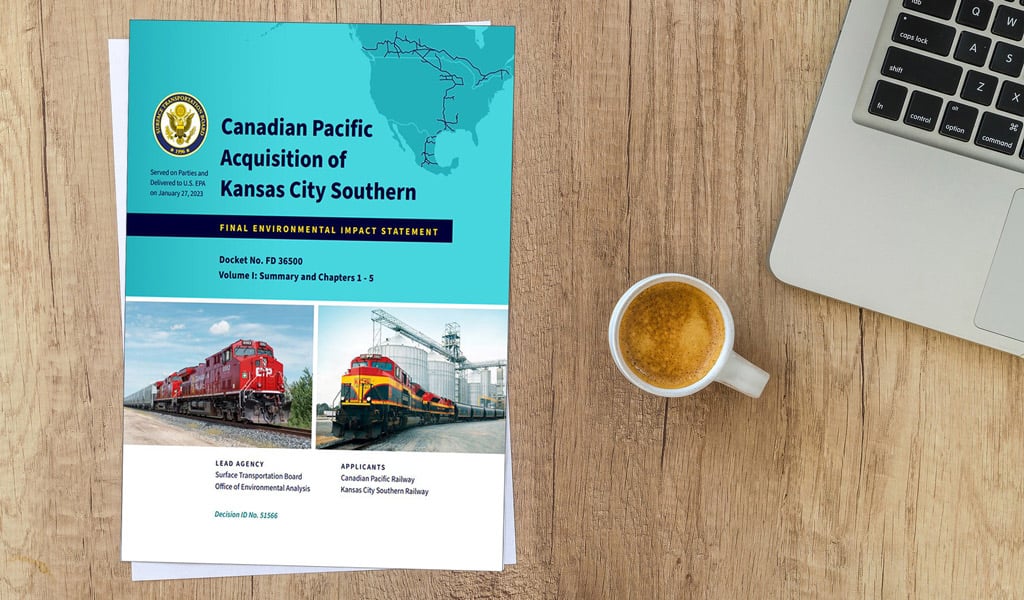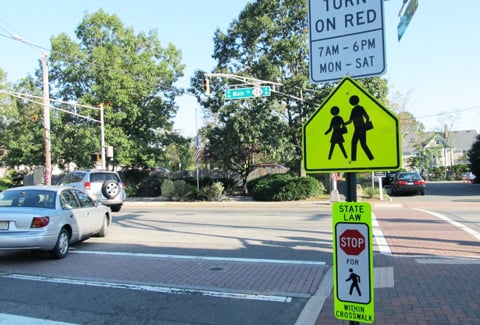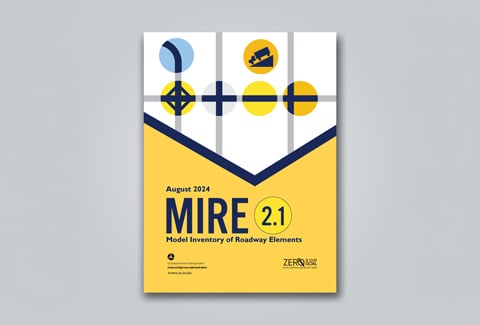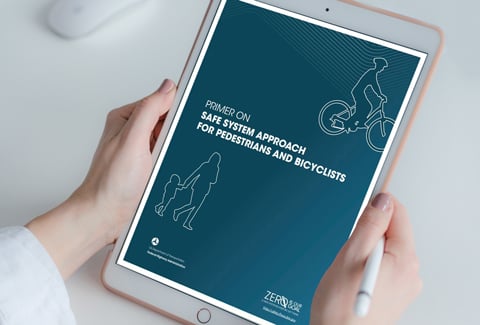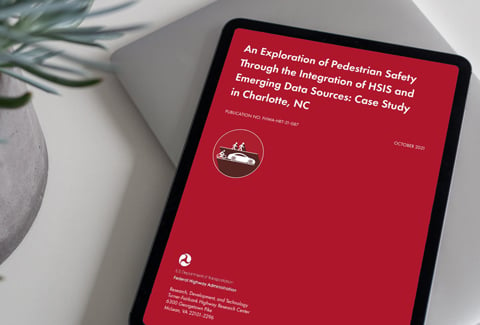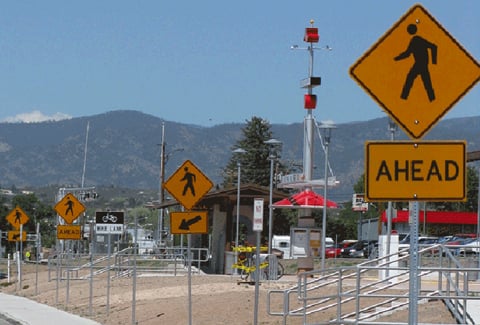In 2023, Canadian Pacific (CP) and Kansas City Southern (KCS) merged to form Canadian Pacific Kansas City (CPKC), establishing the first transnational rail network linking Canada, the United States, and Mexico. The $31 billion merger was approved by the Surface Transportation Board (STB) after thorough environmental reviews and mitigation planning. The 20,000-mile network aims to boost economic growth and cut greenhouse gas emissions by transitioning long-haul truck shipments to rail.
The STB selected VHB to support the Environmental Impact Statement (EIS) under the National Environmental Policy Act (NEPA). VHB evaluated the merger's potential adverse effects, focusing on increased rail activity between Illinois and Texas. This included assessing freight and passenger rail safety, analysis of 1,270 highway/rail grade crossings, and examining noise, vibration, air quality, energy use, and impacts on wildlife, water resources, historic structures and archaeological sites. Additionally, VHB analyzed the impacts of climate change on the combined system and considered disproportionate effects on minority or low-income populations.
CPKC planned capital improvements, including passing sidings, to handle the anticipated increase in rail traffic. VHB quickly mobilized a team to complete surveys for these improvements, finishing the EIS in just over a year and providing essential information for the merger’s progression. VHB continues to support Federal agencies with timely environmental reviews to minimize delays.

